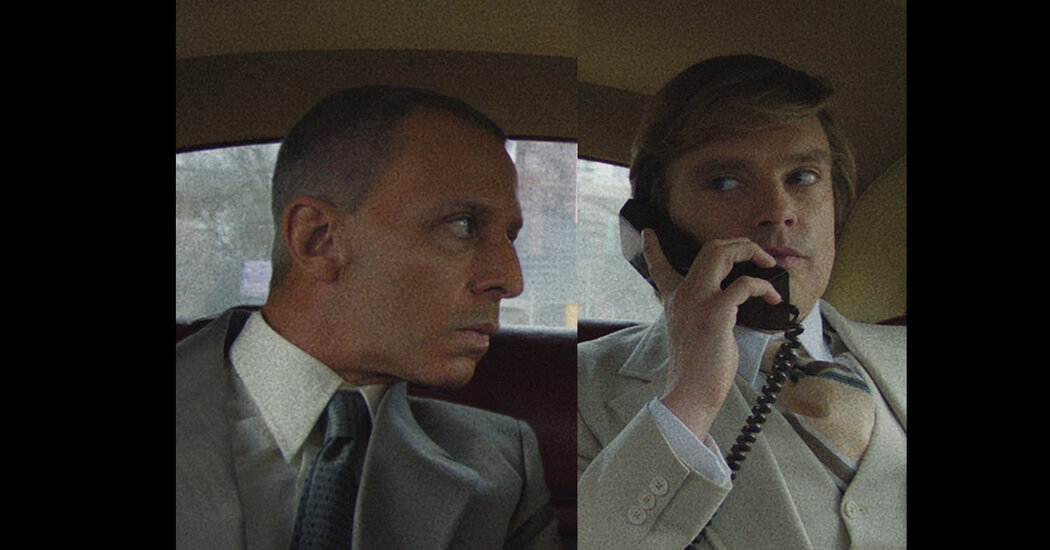After all, when Trump was president, his Department of Justice tried to block AT&T’s acquisition of Time Warner, the company that owned CNN. As The New Yorker’s Jane Mayer reported, the government’s opposition to the deal was widely seen as retaliation for CNN coverage that displeased Trump.
In a second Trump term, the Department of Justice is expected to be far more aggressive in persecuting Trump’s perceived enemies. Kash Patel, a former Trump administration official who has been floated as a possible acting attorney general in a Trump restoration, boasted to Steve Bannon of plans to target journalists for rejecting Trump’s lies about a stolen 2020 election: “We’re going to come after you, whether it’s criminally or civilly,” Patel said.
They could go after anyone involved with “The Apprentice” in the same way. In a cease-and-desist letter to the filmmakers, a lawyer for Trump claimed, absurdly, that the movie is “direct foreign interference in America’s elections,” citing the fact that its director, Ali Abbasi, is Iranian Danish and that the movie received funding from Denmark, Ireland and Canada.
“If you do not immediately cease all publication and marketing of the movie, President Trump will pursue every appropriate legal means to hold you accountable for this gross violation of President Trump and the American people’s rights,” Trump’s lawyer wrote. Should he become president again, he’ll have greatly expanded options for pursuing this vendetta.
It’s common to read about movies that are shown in most of the world but not released in, say, Russia or, more often, China. Should “The Apprentice” end up widely available globally but not, for political reasons, in the United States, it will be a sign of democratic decay, as well as an augur of greater self-censorship to come. After all, if anxiety about enraging Trump is already shaping what you can and cannot watch, it’s probably bound to get even worse if he actually returns to power.









